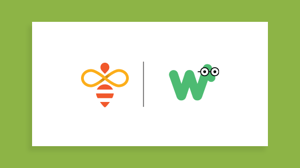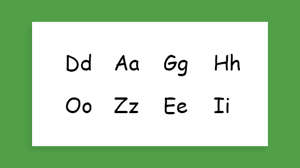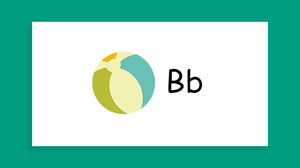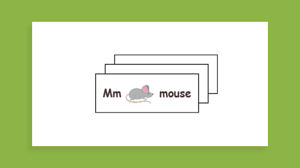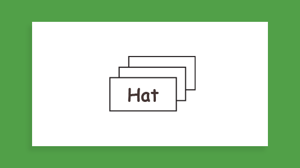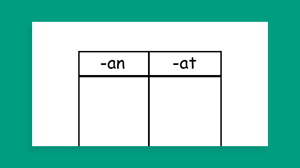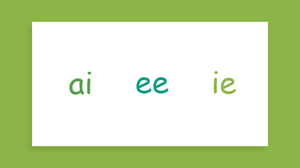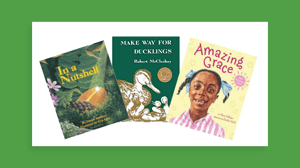Access foundational skills that make high-quality K-3 literacy instruction easier with research-based curriculum taught by the author.
Jump to webinar registration.
With the growing conversation around recent NAEP scores, what excellent reading instruction looks like, how teachers foster a deep understanding and love of reading, and the science behind it all, it’s easy to see the problems—and equally challenging to surface the solutions.
At Open Up Resources, we’ve been talking internally about how all of this ties back to equity and district accessibility to highest-quality materials and effective professional learning.
In discussing with Sharon Walpole, the author of Bookworms K-5 Reading and Writing, we agree we need to act with urgency to ensure that we can get highly-effective curriculum and professional learning into the hands of as many teachers as possible as soon as possible.
"Teachers need answers. District and school leaders need research-backed, cost-effective materials. And kids need to learn how to read." Jessica Sliwerski - CEO, Open Up Resources
With that, Walpole is offering a free, 8-week webinar series beginning January 29 on the foundational skills that make high-quality K-3 literacy instruction easier for teachers. Over the course of 8 weeks, topics will include:
- A birds-eye view of reading development
- A simple system for assessing and grouping
- Building basic alphabet knowledge
- Teaching children to blend sounds and recognize patterns, synthetic decoding, compare and contrast phonics, decoding by analogy
- Text-level fluency

